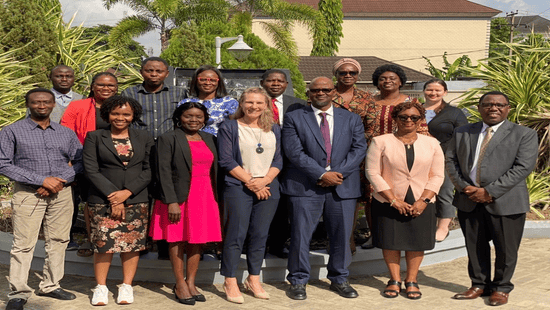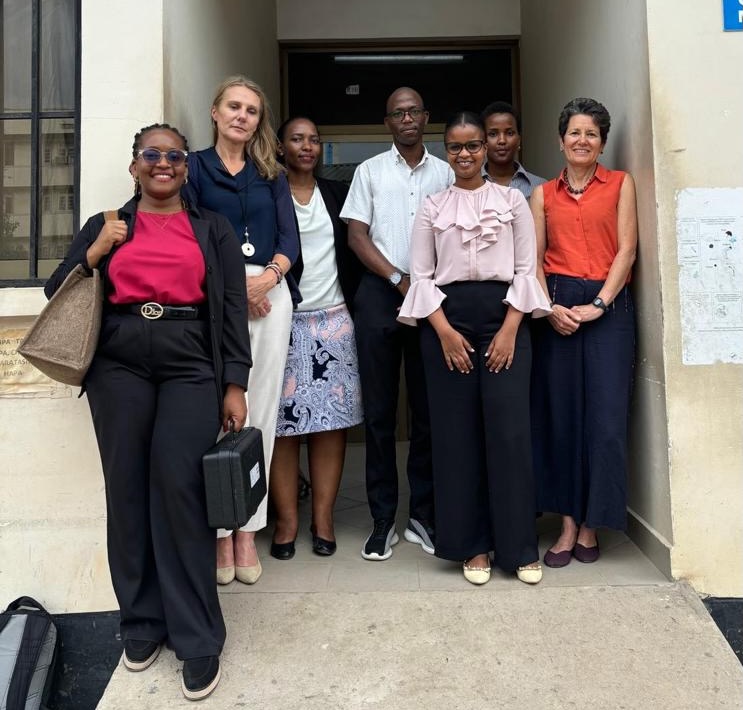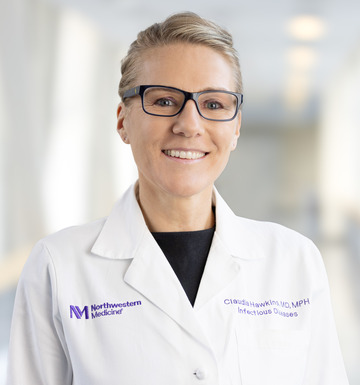Hepatitis B Network Addresses Research Gaps in Sub-Saharan Africa

In the last decade, the successful expansion of antiretroviral treatments in sub-Saharan Africa has led to substantial improvements in life expectancy for people living with HIV. In Tanzania, 1.7 million people are reported to be currently living with HIV. There, the number of people with HIV aged 50 and older is projected to grow by 25 percent by 2040.
In Tanzania, the aging population of people living with HIV presents considerable challenges for how to address prevention and treatment needs in this vulnerable group. Data on the current burden of geriatric and medical comorbidities among older people living with HIV and their impact on quality of life in Tanzania is sparse. Identification of these conditions is further complicated by infrequent use of screening tools adapted for use in Tanzania for monitoring aging-related comorbidities such as frailty and cognitive functioning.
A team at the Robert J. Havey, MD Institute for Global Health is working to assess the burden of aging-related comorbidities, including clinical outcomes, quality of life, and cognitive functioning among a cohort of people living with HIV in Dar es Salaam, Tanzania.
The study, “Determinants of health and quality of life for ageing population of people living with HIV in Tanzania,” is led by Claudia Hawkins, MD, MPH, director of the Center for Global Communicable and Emerging Infectious Diseases, and Lisa Hirschhorn, MD, MPH, director of the Ryan Family Center for Global Primary Care in collaboration with Sylvia Kaaya, MD, MScMed, PhD and Theresia Ottaru, MD, MSc, PhD, from Muhimbili University for Health and Allied Sciences (MUHAS) in Dar es Salaam, Tanzania.

The “Determinants of health and quality of life for ageing population of people living with HIV in Tanzania” team working on location.
The work we do is essential to understanding pathways for improving quality of life and treating age-related comorbidities among the growing population of aging adults with HIV.”
- Claudia Hawkins, MD, MPH, director of the Center for Global Communicable and Emerging Infectious Diseases

This study has enrolled more than 400 participants 50 years or older living with HIV in urban Tanzania, collecting data on clinical outcomes, aging biomarkers, quality of life, frailty, and cognitive function to better understand and inform strategies and interventions needed to reduce the burden of aging-related comorbidities and improve quality of life and the care of older people living with HIV in Tanzania and the region.
“The work we do is essential to understanding pathways for improving quality of life and treating age-related comorbidities among the growing population of aging adults with HIV,” Hawkins says.
Claudia Hawkins, MD, MPH and Lisa Hirschhorn, MD, MPH are members of Robert J. Havey, MD Institute for Global Health, Institute for Public Health and Medicine (IPHAM), and Northwestern University Clinical and Translational Sciences Institute (NUCATS). Hirschhorn is also a member of the Institute for Innovations in Developmental Sciences, and Institute for Sexual and Gender Minority Health and Wellbeing.
To learn more about the Center for Global Communicable & Emerging Infectious Diseases, visit their website
For details on events, news, and funding opportunities, sign up for the Havey Institute for Global Health newsletter.

